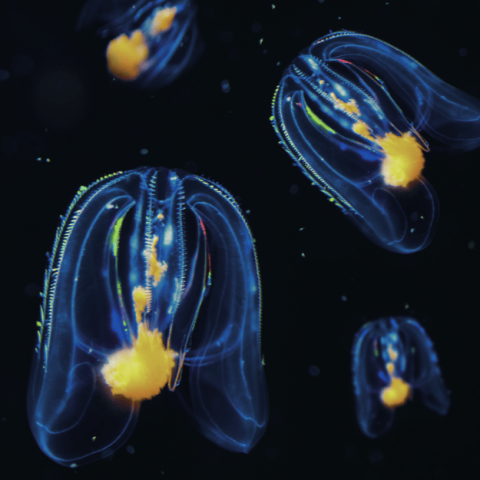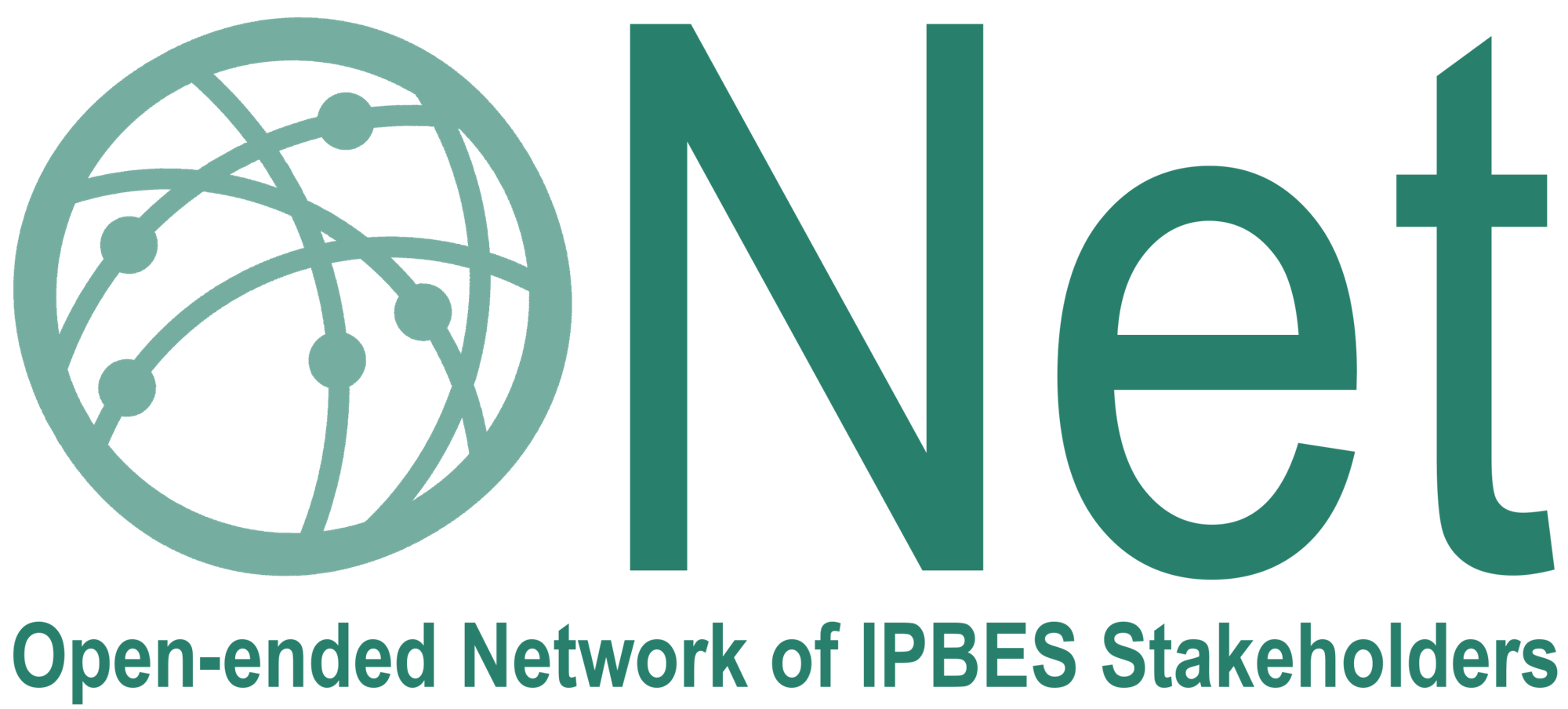Data for Life — Open Data's role in Preserving Biodiversity | Talk

Organised by the Linnean Society of London. While the talk is free, donations are welcome.
13 March 2024, 18:00-19:30 UTC
How can Open Science better inform policy, monitor, predict & conserve biodiversity when data is constantly changing and compartmentalised?
We derive significant benefits from our natural environment but struggle to protect it effectively. Biodiversity, which is both vast and interconnected, transcends political boundaries and operates on scales from molecular to global. To effectively inform policy, monitor, predict, and conserve biodiversity, comprehensive data on species distributions, population sizes, ecological interactions, environmental impact, traits, genetics, and phylogeny are crucial. However, these data are not static; what was current last year may now be outdated. Sustainable biodiversity management and exploitation are hindered when data are segregated into silos defined by taxonomy, geography, industry, or discipline. This talk advocates for Open Science as the key solution to these multifaceted challenges.
>> Register online (Zoom login details will be sent out two hours before the event start time.)
Did you know that IPBES is committed to open science and makes all its products freely available to the public? IPBES is committed to the FAIR and CARE principles of data and knowledge management to the fullest extent possible (see the IPBES Data and Knowledge Management Policy). To learn more about the tools and approaches IPBES uses, check out the technical support unit's presentation at #IPBES10 Stakeholder Day.
Speaker
Quentin Groom's focus is on biodiversity informatics and invasive biology, using data science methods to explore hidden patterns within data. His current work revolves around applying information technology to share scientific information, especially in the areas of invasive species, taxonomy, and citizen science. Engaged in various projects including B³ - Biodiversity Building Blocks for Policy, BiCIKL, TETTRIs, and GUARDEN, he contributes to efforts to understand and preserve biodiversity. With skills in Biodiversity Informatics, and an understanding of botany, taxonomy and biology, he navigates through the complexities of ecology, species interactions, and plant diversity.
His ORCID Identifier is 0000-0002-0596-5376.
The Linnean Society of London
The Linnean Society of London is the world’s oldest active society devoted to natural history. Founded in 1788 by Sir James Edward Smith (1759–1828), who was its first President, the Society takes its name from the Swedish naturalist Carl Linnaeus (1707–1778) whose botanical, zoological and library collections have been in our keeping since 1829. [...] Our vision is a world where nature is understood, valued and protected. To do this we aim to inform, involve and inspire people about nature and its significance through our collections, events and publications. Thanks to the wide ranging expertise of our Fellowship and our unique collections, we are a hub for science communication through interdisciplinary learning and engagement.
Photo from IPBES's 2023 collection of video conferencing backgrounds featuring invasive alien species; get your copy here. The warty comb jelly or sea walnut (Mnemiopsis leidyi) is a highly successful invasive alien species outside its native habitat in western Atlantic coastal waters, as IPBES reports in its most recently published assessment. It has had dire impact for example on anchovy stocks in the Black Sea. It is among the estimated 5% of invasive alien species that have had documented negative impact on nature, nature’s contributions to people and good quality of life alike.
Notably, among his extensive scientific publications, speaker Quentin Groom has recently also co-authored a paper on data analysis to support policy targets in combating invasive alien species.
